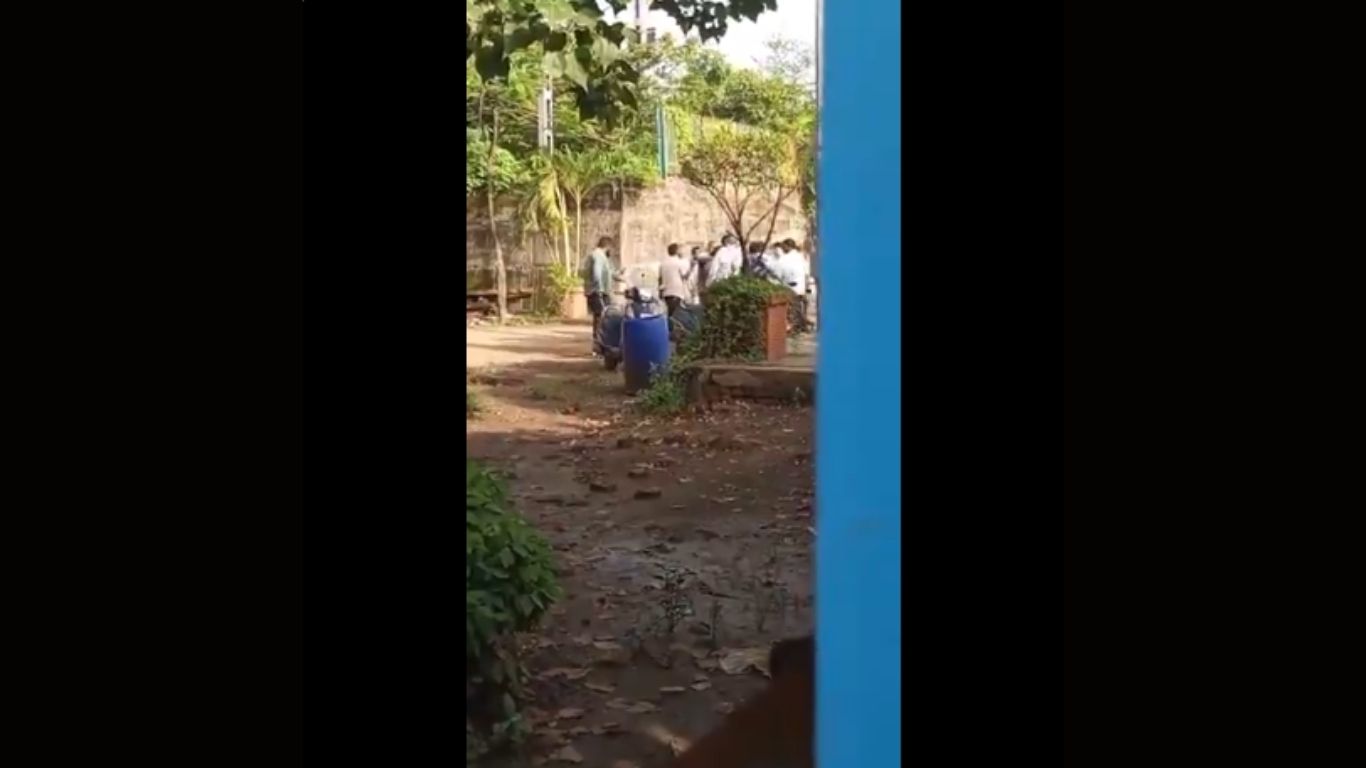Maharashtra’s School Education Department is navigating significant hurdles in implementing the third language requirement mandated by the National Education Policy,
which stipulates that students learn an additional language alongside Marathi and English. A critical shortage of qualified teachers for languages such as Kannada, Telugu, Tamil, Urdu, and Gujarati is complicating efforts to meet this goal, leaving schools and students in a state of uncertainty.
To address the teacher shortage, the department has outlined a plan to ensure language instruction is available. For any third language chosen by more than 20 students, a dedicated teacher will be provided. However, with limited educators holding D.Ed. or B.Ed., online video lessons facilitated by Balbharati will serve as an alternative, ensuring access to instruction despite the lack of on-site teachers.
The rollout of the third language policy has been further delayed by logistical challenges. Although schools reopened on June 16, 2025, students have yet to finalize their third language choices, and textbooks for these languages remain undistributed. This delay has fueled political debates, with concerns raised about the feasibility of offering diverse language options without adequate resources. Education Minister Dada Bhuse recently convened a meeting with education officials to address these issues, emphasizing that Hindi will not be imposed as the default third language. Instead, Hindi is designated as the common third language for classes 1 to 5 in Marathi and English medium schools, but students are free to opt for another language.
Uncertainty persists regarding the flexibility of the policy. For instance, it remains unclear whether students who select a language like Kannada in their first year can switch to a different language in subsequent years. Senior officials have promised a decision on this matter before June 23, 2025, when all schools are expected to be fully operational. A follow-up meeting with education directors is scheduled to finalize processes for language selection and implementation.
The department’s efforts to balance linguistic diversity with practical constraints highlight the complexities of educational reform. As Maharashtra works to align with the National Education Policy, the success of the third language initiative will depend on swift action to address teacher shortages, streamline resource distribution, and clarify policy guidelines, ensuring students can access quality language education tailored to their preferences.
Follow us On Our Social media Handles :
Instagram – https://www.instagram.com/newsdotz/
Youtube – https://www.youtube.com/@NewsDotz
Facebook – https://www.facebook.com/profile.php?id=61573903448264
Twitter – https://x.com/NewsDotz




2 thoughts on “Maharashtra Schools Grapple with Third Language Policy Implementation”